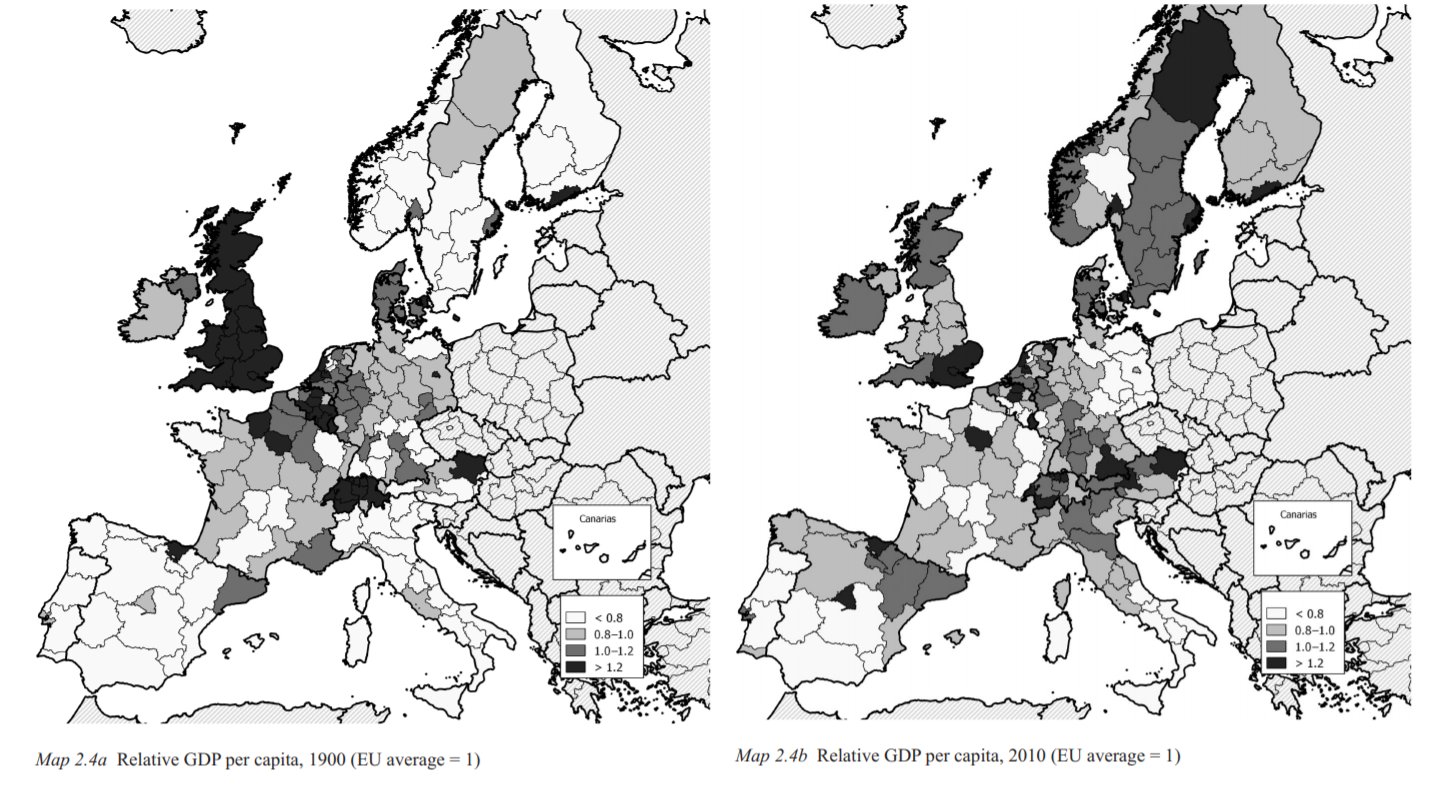Don’t Forget Dad in Pursuit of Parent-Friendly Workplaces

Is the push toward a family-friendly workplace built upon gender discrimination? That’s the opinion of a growing number of men who are, in the words of human resources expert Suzanne Lucas, doing more than simply complaining to their HR department — they’re lawyering up.
Lucas points to the story of a CNN employee named Josh Levs who, after his daughter was born five weeks premature, sued the company for not granting more than the allowed two weeks paid leave for biological fathers. Levs noted in the suit that the company’s policy allowed much more time for adoptive parents and women who had given birth. In his eyes, these inconsistencies amounted to gender discrimination. Levs and CNN settled outside of court and the company amended their policy to allow equal time off for all new parents, with the exception of women who had given birth (they’re technically on disability).
Here’s what the gender gap looks like around the globe. Those do-good Scandinavian countries are crushing it (as usual).
The Levs case is not at all anomalous. Other suits cited the reinforcement of a “macho” culture that seeks to paint men and women with different brushes. Others allege that workplaces ought not to be allowed to reinforce the mom-at-home, dad-at-work traditional setup. In her piece, Lucas runs through a laundry list of common gripes: stale stereotypes, unfair treatment of childless workers, and efforts to silence accusations of gender discrimination.
“While men and women do have different needs sometimes, the differences aren’t universal,” writes Lucas. “Your policies need to be gender neutral and based on what is best for the health of your company. Having human- (not just family-) friendly policies can be a great way to attract great people. If you’re going to implement them, do so fairly.”
Of course, for the vast majority of Americans this sort of conversation is moot: Only 17 percent of companies even offer paid paternity leave. Only 21 percent offer paid maternity leave. The squabbling over leave discrimination probably sounds like sour grapes to the rest of the folks who would be happy for any time off.
—
Robert Montenegro is a writer, playwright, and dramaturg who lives in Washington DC. His beats include the following: tech, history, sports, geography, culture, and whatever Elon Musk has said on Twitter over the past couple days. He is a graduate of Loyola Marymount University in Los Angeles. You can follow him on Twitter at @Monteneggroll and visit his po’dunk website at robertmontenegro.com.
Read more at Inc.





